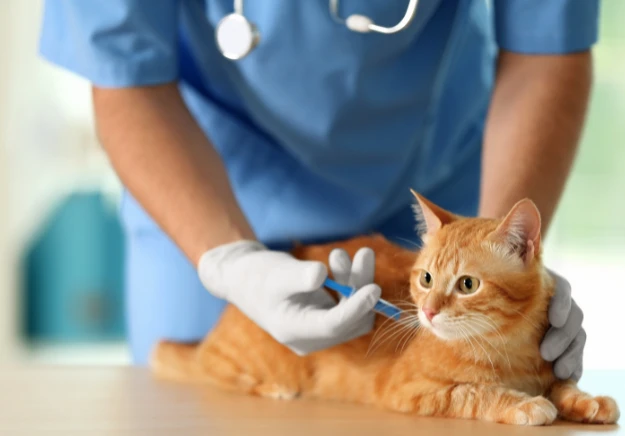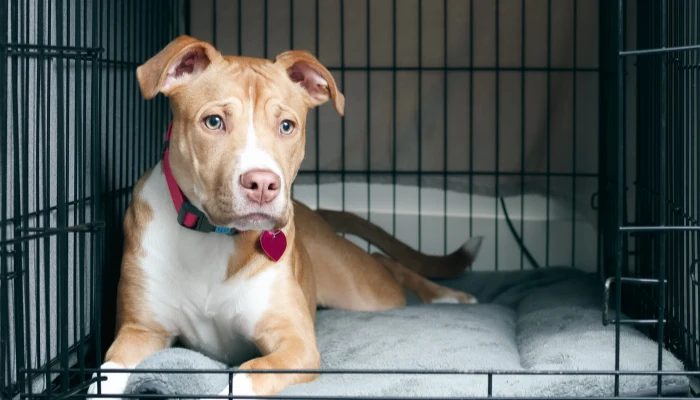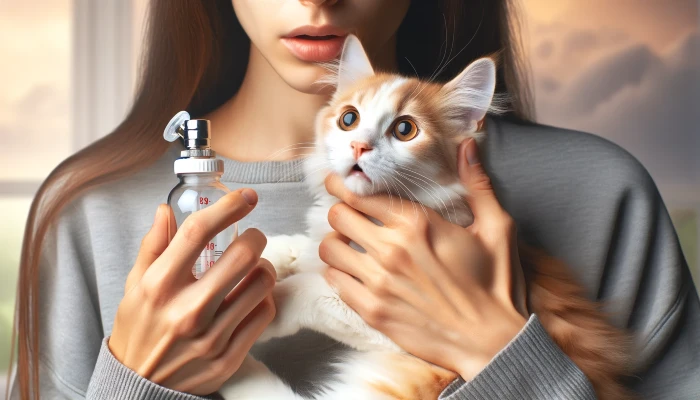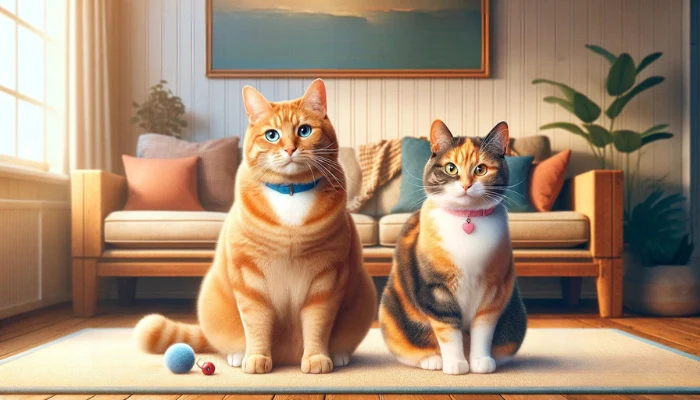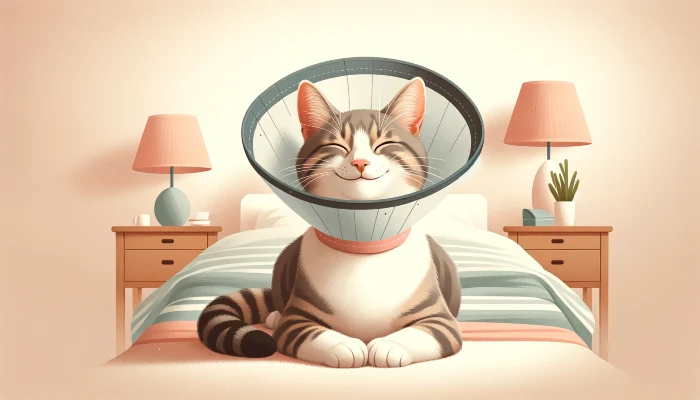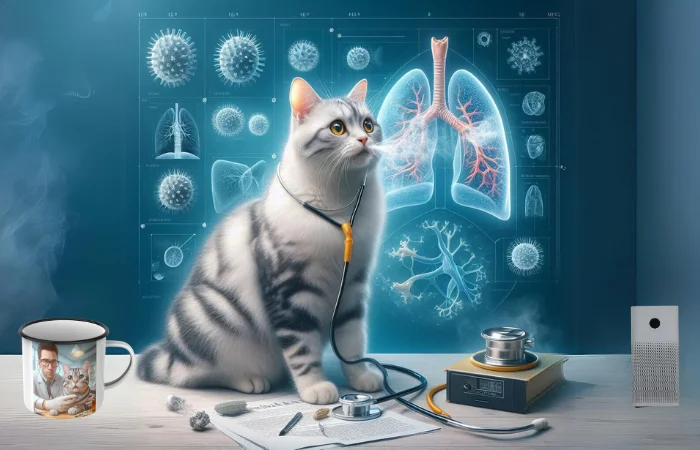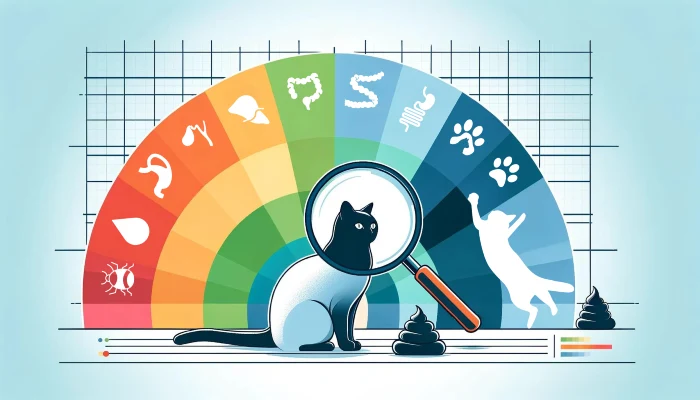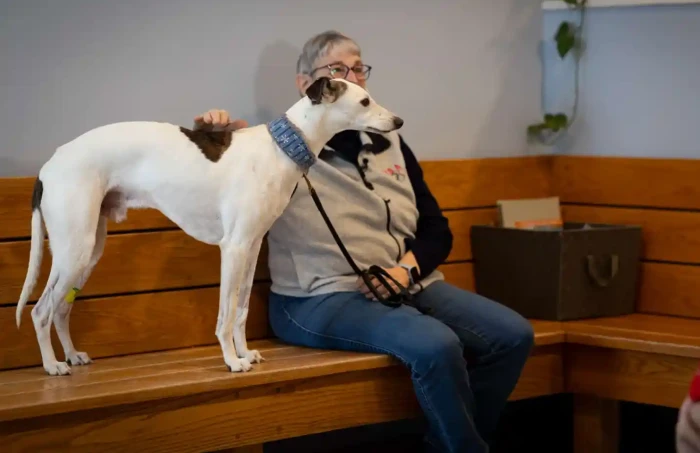Cats, with their mysterious allure and agile grace, hold a special place in the hearts of many. But beyond their sleek coats and mesmerizing eyes lie vulnerabilities. Just as with their canine counterparts, cats are susceptible to a range of diseases that can be controlled or entirely prevented through timely vaccinations.
Why Vaccinate? A Closer Look at the Invisible Shield
For our feline friends, vaccinations act as an invisible armor. They prime the cat’s immune system to fend off invaders, ensuring that when a real threat comes around, the body is well-prepared. This isn’t just about keeping your pet healthy; it’s also about preventing the spread of diseases in the larger feline community.
The 3 Crucial Shots For Cats: Diseases, Impact, and Risks
1. Feline Panleukopenia (Distemper)
- Curable? With early intervention and aggressive treatment, potentially. But there’s no guarantee.
- Long-term Issues: Digestive complications, anemia, and a weakened immune system.
- Deadliness: Highly fatal, especially for kittens.
- Chance of Unvaccinated Cats Contracting: High in areas where cats are densely populated.
- Average Cost: $15 – $45
2. Feline Calicivirus (FCV) and Feline Viral Rhinotracheitis (FVR)
- Curable? No direct cure, but symptoms can be managed.
- Long-term Issues: Respiratory difficulties and oral diseases.
- Deadliness: Rarely fatal, but severe cases can be life-threatening, especially for kittens.
- Chance of Unvaccinated Cats Contracting: Moderate to high, particularly in multi-cat households.
- Average Cost for FVRCP: $20 – $60
3. Rabies
- Curable? No cure once symptoms emerge.
- Long-term Issues: Inevitable death.
- Deadliness: 100% fatal after the onset of symptoms.
- Chance of Unvaccinated Cats Contracting: Moderate, mainly through wildlife interactions.
- Average Cost: $10 – $40
Prices can fluctuate based on location, specific clinics, and bundled offerings.
The vaccinations listed above are the basic necessary vaccinations for your cat.
However, if your cat spends time outdoors or are exposed to cats with unknown vaccine histories, ask your veterinarian about getting your cat vaccinated against feline Leukemia and feline AIDS.
Feline Leukemia (FeLv) and Feline Immunodeficiency Virus (FIV)
Feline Leukemia (FeLV) and Feline Immunodeficiency Virus (FIV) are two of the most detrimental viruses affecting cats worldwide. FeLV primarily affects the cat’s immune system and can lead to conditions like anemia or lymphoma, while FIV, often referred to as feline AIDS, weakens the immune system, making cats more vulnerable to other infections.
While both diseases can be fatal, timely vaccination can significantly reduce the risk of infection.
Vaccines for FeLV and FIV are crucial, especially for cats that spend time outdoors or are exposed to potentially infected cats. Regular vaccination and annual vet check-ups are recommended to ensure that your feline friend remains protected throughout their life.
Feline Leukemia (FeLV)
- Curable? No. While FeLV itself is not curable, some of its secondary conditions might be treatable.
- Long-term Issues: Yes. FeLV can lead to immune suppression, which can result in various secondary infections. Additionally, it can cause diseases like anemia and lymphoma.
- Deadliness: High. It is one of the leading viral killers in cats.
- Chance of Unvaccinated Cats Contracting: Unvaccinated cats that are exposed to infected cats through mutual grooming, bite wounds, or sharing food and water dishes have a higher risk of contracting the virus.
Average Cost: $25 to $50 for each vaccine, and is often given to kittens in two doses and then annually to at-risk adult cats.
Feline Immunodeficiency Virus (FIV)
- Curable? No. Like FeLV, FIV isn’t curable, but its secondary effects or infections can often be managed.
- Long-term Issues: Yes. FIV weakens a cat’s immune system over time, making them more susceptible to other infections and diseases. It can also lead to dental issues, chronic eye infections, and certain types of cancer.
- Deadliness: Moderate. While FIV can make cats more susceptible to other diseases that can be fatal, many FIV-positive cats can live a normal lifespan if kept in a stress-free, indoor environment.
- Chance of Unvaccinated Cats Contracting: Cats that are frequently outdoors and engaged in fights, particularly male outdoor cats, have a higher risk of being exposed to FIV through bite wounds. Unvaccinated cats that encounter FIV-positive cats are at risk of infection.
- Average Cost: $25 to $40
Cats, though independent and resilient, need our protection against unseen threats. Investing in their health through timely vaccinations is a testament to our commitment and love for them. They might not understand the science behind it, but they’ll certainly enjoy the longer, healthier lives it ensures.
More To Discover
- Blue Ridge Beef Expands Pet Food Recall in 16 States Over Salmonella and Listeria Risks
- Everything You Need To Enjoy a Stress-Free Road Trip with Your Cat [Packing List Included]
- Feeding Cats Too Much Creates Surprising Internal Changes, New Study Discovered
- White Cat Poop? Color, Consistency Chart Tell Health Signs
A Journey Back in Time: The Advent of Cat Vaccines
The 20th century marked significant progress in feline health. As cat ownership grew in popularity, so did the demand for improved healthcare.
The first vaccines for cats emerged in the mid-20th century, addressing fatal diseases like feline panleukopenia.
These early vaccines were groundbreaking, providing a glimmer of hope against what was once seen as inevitable.
Over the years, advancements in technology and a deeper understanding of feline diseases have led to the development of a range of vaccines, each fine-tuned to offer the best protection for our feline companions.








